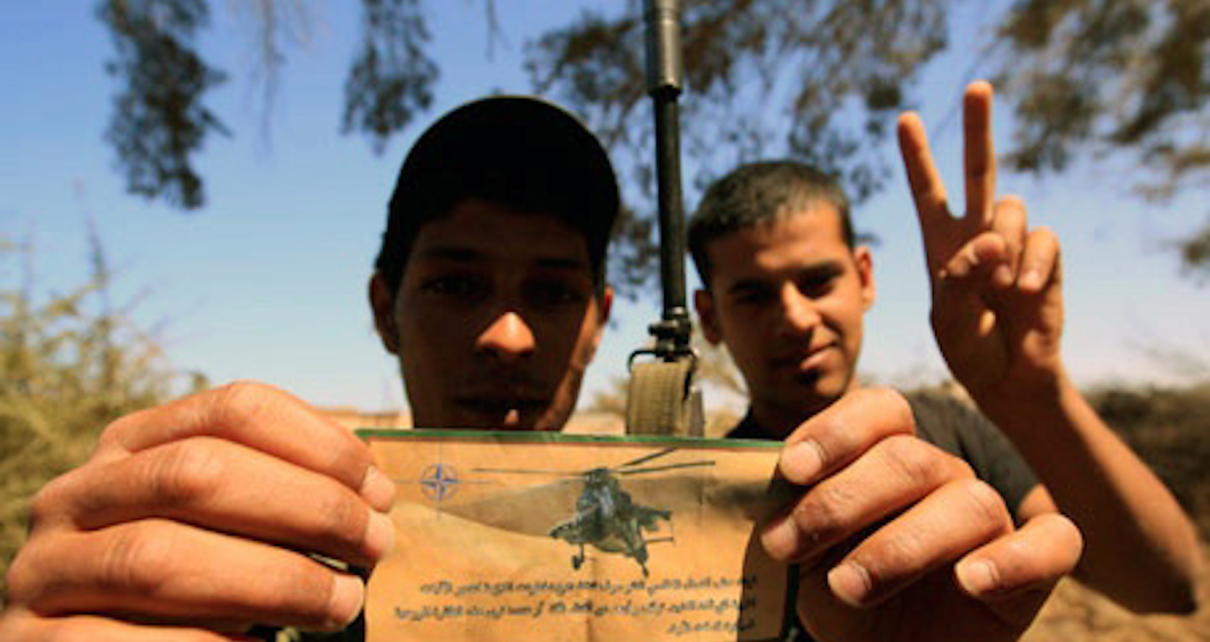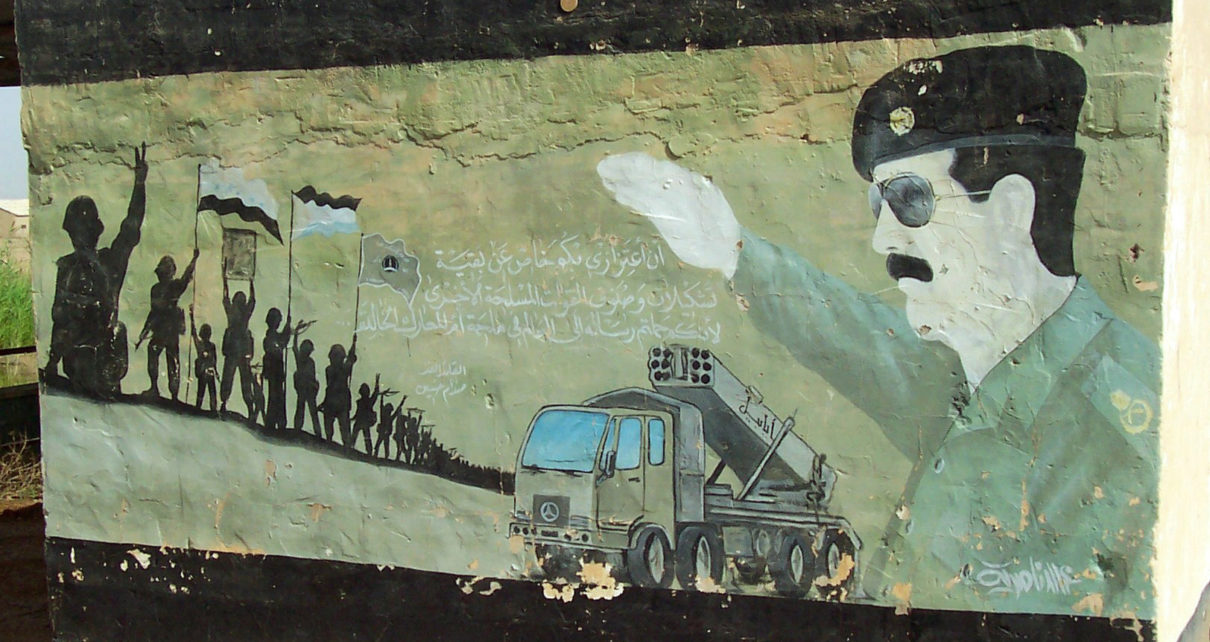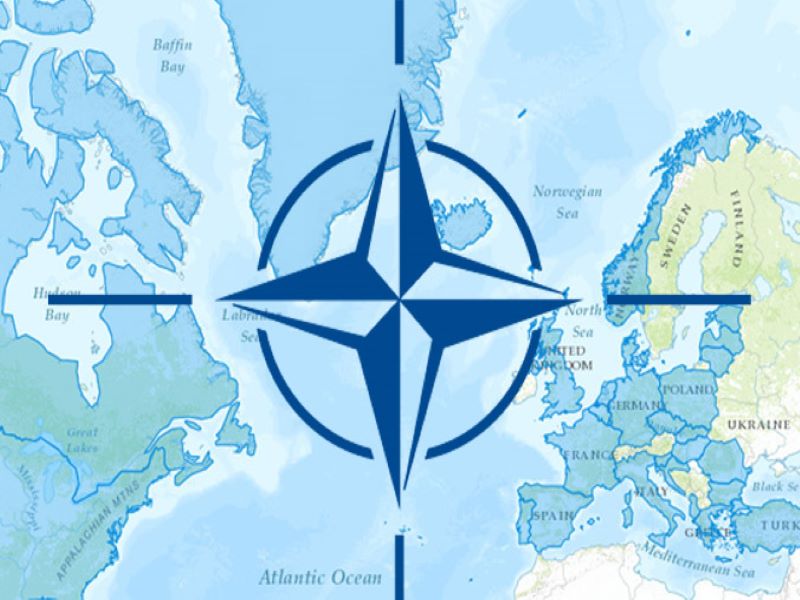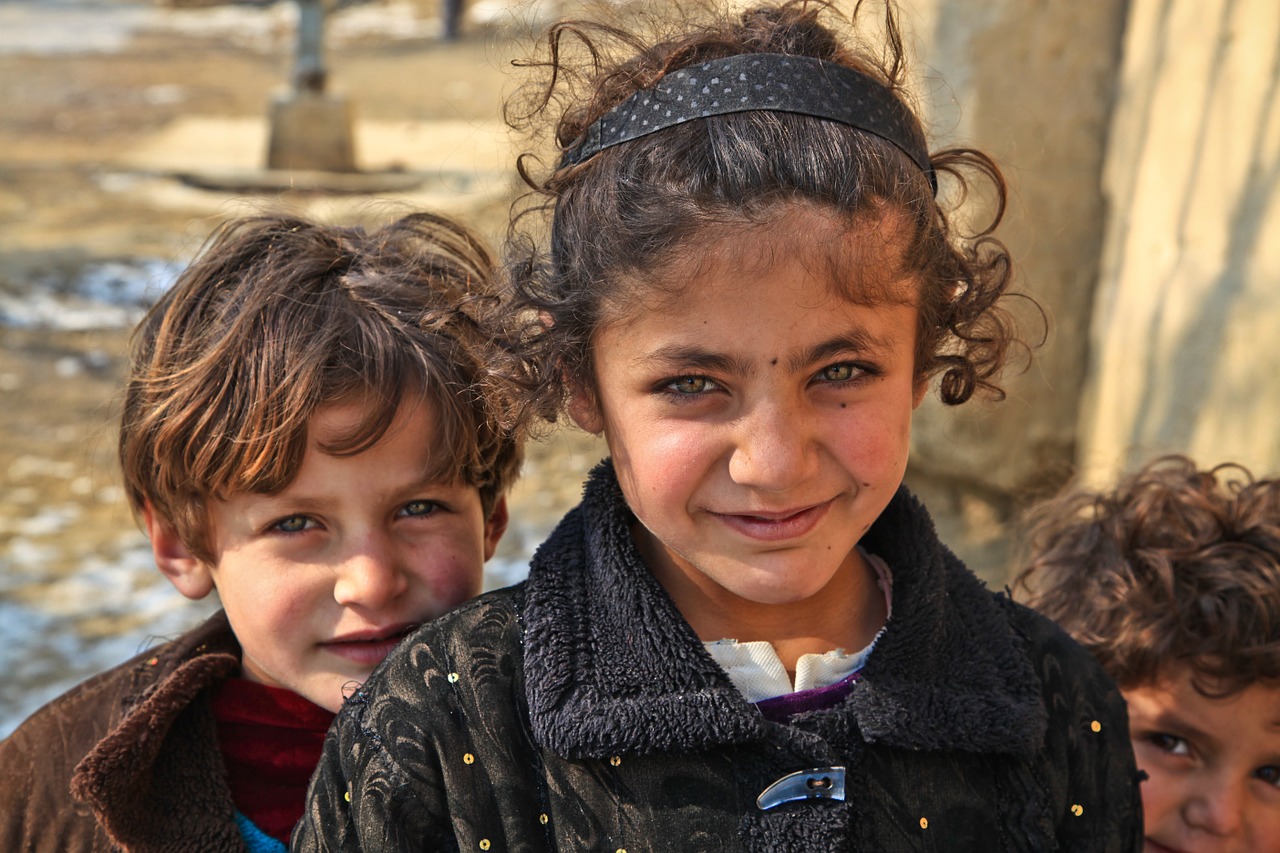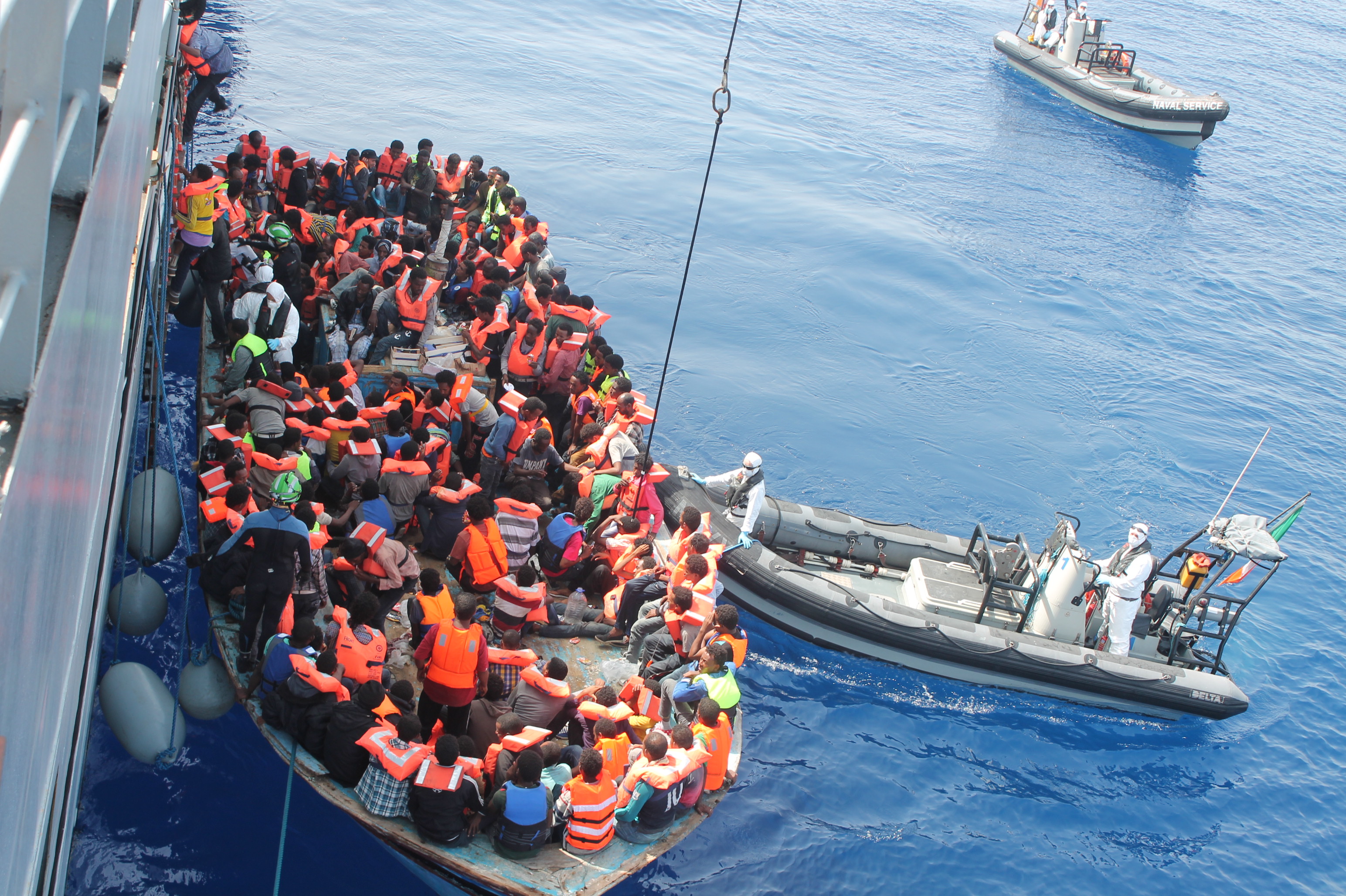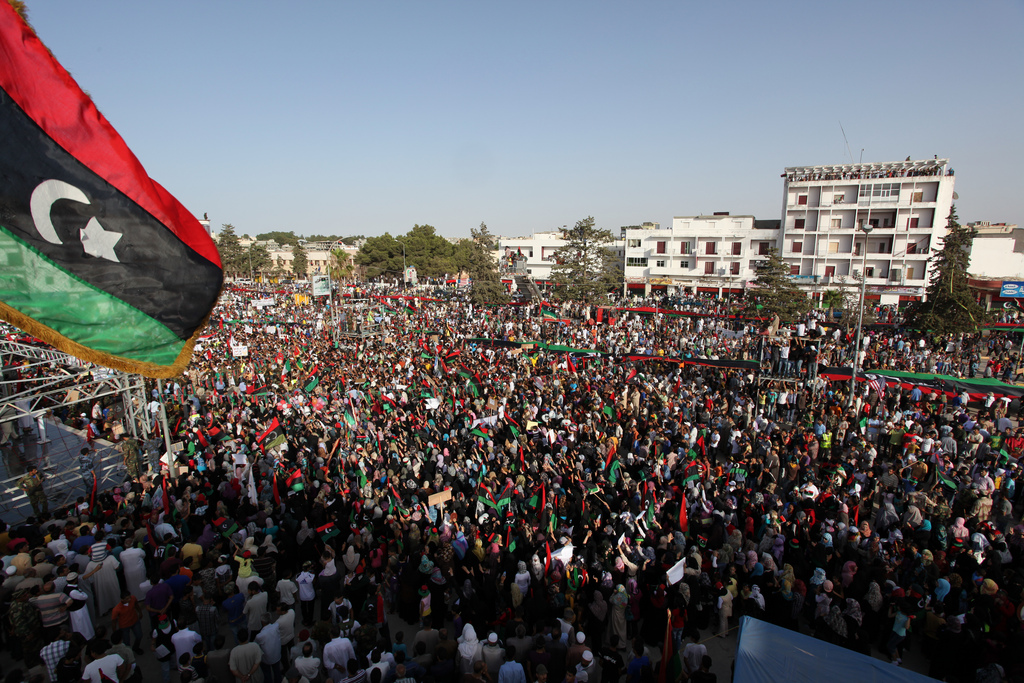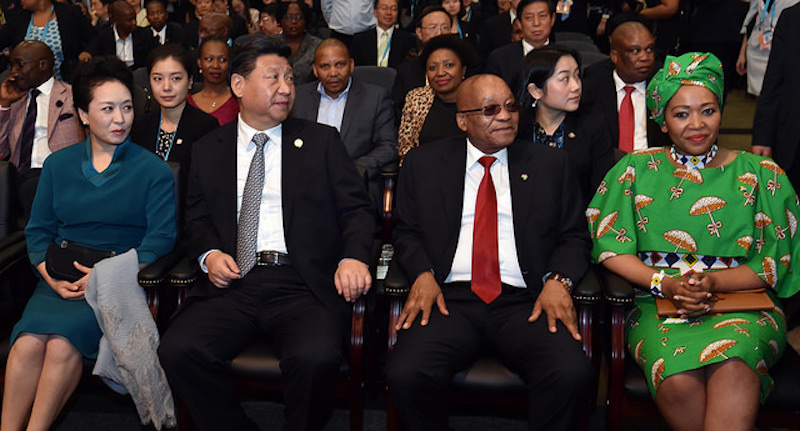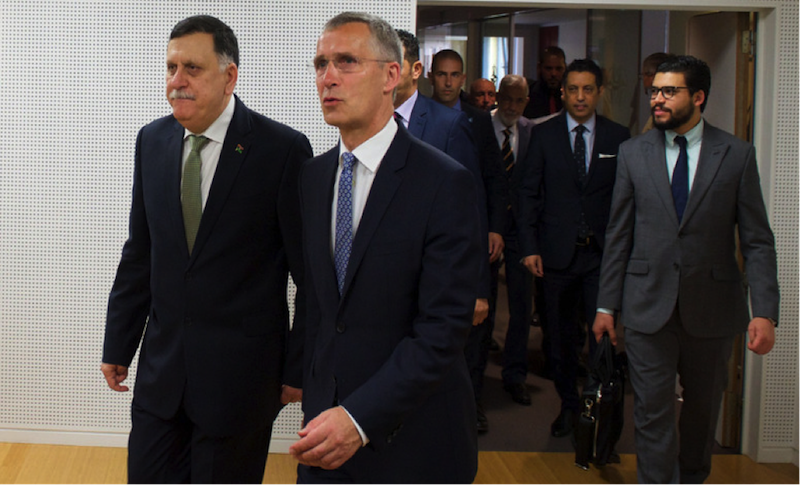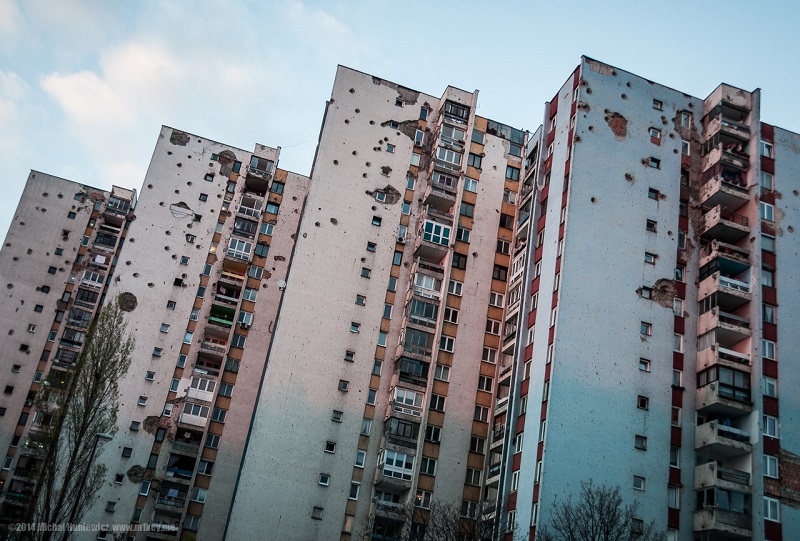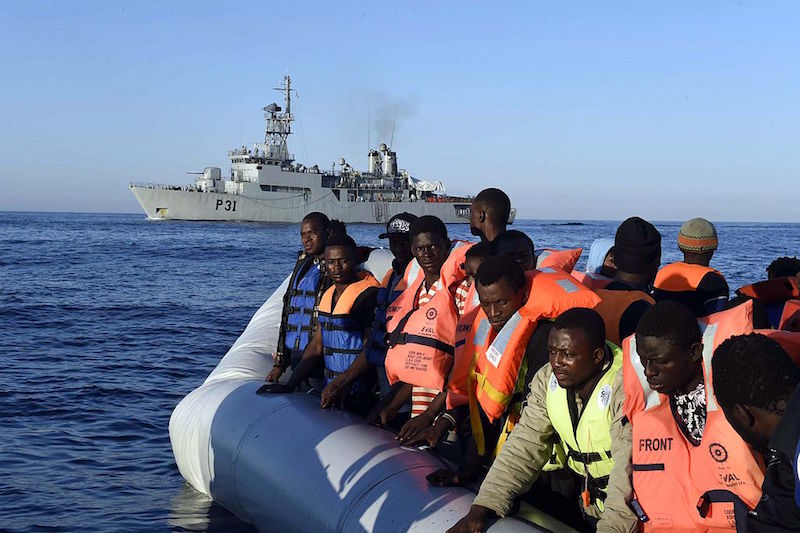This article examines NATO’s involvement in Afghanistan and Libya, assessing the motives and effectiveness of these interventions. Criticisms include a lack of coordination with stakeholders and potential economic conflicts among participating NATO members. The interventions aimed to promote security and stability but faced challenges. Lessons learned highlight the need for nuanced and context-dependent approaches in peace-building operations. The long-term impact of these interventions and their effectiveness remain subjects of ongoing debate.
Tag: Libya
Deception, Deceit, and the Dictator’s Dilemma: Russia, Iraq, and Authoritarian Propaganda
Why is the propaganda of authoritarian regimes often so blatantly false? In this article, Jack Burnham discusses Russia’s disinformation campaign surrounding the emerging global food crisis across the Middle East and Africa, Saddam Hussein’s influence operations, and the politics of dictatorship.
Article V & the Indo-Pacific: Will NATO’s collective defence pact function in an out-of-area region?
In this article, Junior Research Fellow Andrew Erskine examines NATO’s collective defence pact against the backdrop of the growing contest in the Indo-Pacific to determine if Article V could be invoked to defend NATO members in the region.
A Special Report on Child Soldiers in Afghanistan
Acts of injustice and violence are robbing children of their childhood throughout Afghanistan. In 2017, there were 3,179 reported cases of children killed and maimed due to conflict-related violence. This rate is on the rise, with the war in Afghanistan killing a record number of civilians in 2018. A number of the children killed in the violence include Read More…
The Libyan conflict is exacerbating the horrific conditions of those seeking refuge
Conflict is on the rise throughout Libya as two key factions seek to establish themselves as the legitimate government. Libya has been in a state of ongoing conflict since the Libyan Civil War began in 2011. The conflict has impacted society in many ways, such as the massive displacement of countless Libyans. They are largely fleeing Read More…
Is Libya Ready for a Democracy?
Libya has experienced an ongoing political crisis since the Arab revolt and protests of 2011. The aftermath of the protests has led to a civil war, foreign military intervention backed by NATO, the ousting of the former President Muammar Gaddafi. The problems occurring in Libya can be traced back to Gaddafi’s downfall, as Libyan society Read More…
Outside Intervention in Sub-Saharan Africa: A Net Good or Evil?
The program editors at NAOC look at global intervention in Sub-Saharan Africa in the form of military, economic, and political ties.
Libya’s Main Players and NATO’s potential post-conflict role
NATO in Libya? In this article, Sivan Ghasem provides an update on the current political and security landscape of Libya and highlights potential avenues of cooperation with the North Atlantic Treaty Organization.
Legality or Justice? Why NATO Must Uphold the Responsibility to Protect, Even Without Authorization
Aidan Simardone writes on why NATO should intervene in humanitarian crises, even without UN authorization.
Is the EU Trying to Make Migration a Libya Problem?
EU members met with Libya to discuss plans to stem the flow of migration from Africa to Europe. Farah Bogani explores the potential impacts of the new migration policy and whether it risks increasing instability in Libya.

